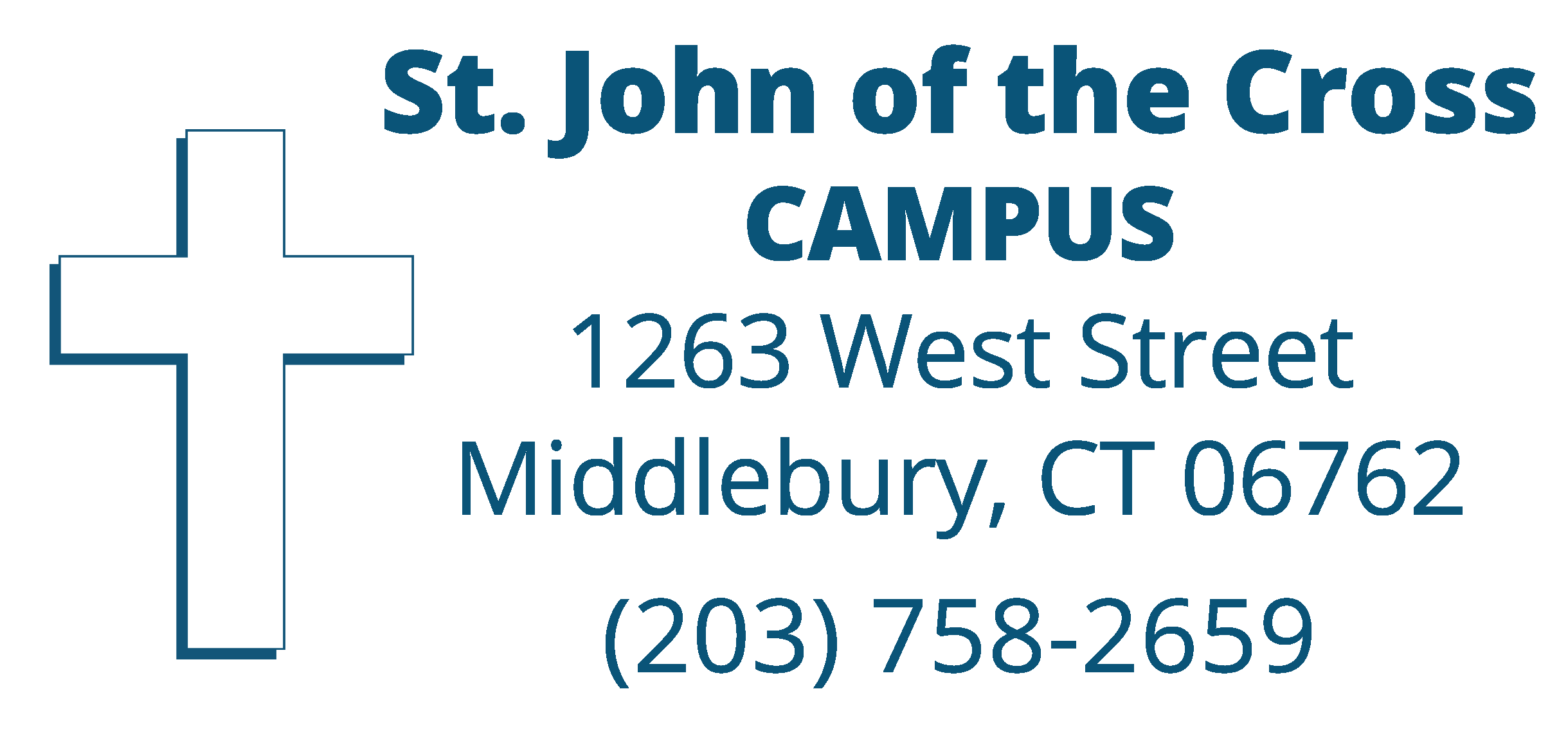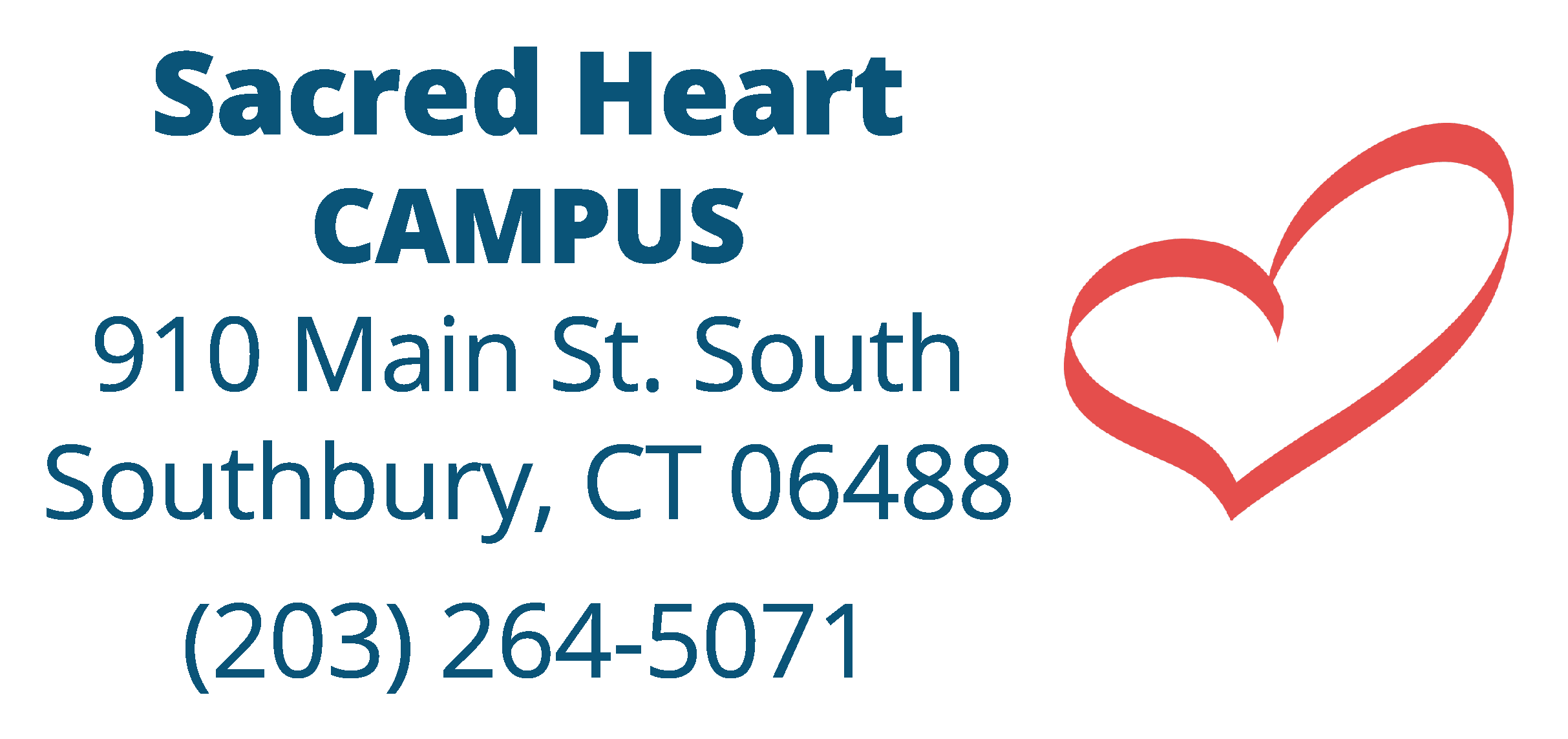
Confirmation Myths
There is a lot of strange information floating about there about what Confirmation is…. and what it’s not.
Check out these common myths below!
Myth: Confirmation is “choosing to be Catholic.”
The Catholic Church is not a club, hobby, group, or political party. The Church is the Bride of Christ and its members are His very body. Being Catholic is an identity, an indelible (permanent) part of who we are and who God wants us to be. At our baptism, we died and rose with Jesus Christ (cf. Galatians 2:20) and are now forever a part of the Body of Christ, the Church. Confirmation candidates are not “choosing to be Catholic” because they are Catholic already. What they do choose, however, is how they will make use of the gifts given to them in the Church: the sacraments, the Christian community, tools for Christian moral living, and the opportunity for a vibrant and life-changing relationship with Jesus Christ.
Myth: Confirmation is “graduation from CCD.”
Knowing, loving, and serving Jesus Christ and his Church are not things that ever end. We are called to be life-long disciples of Jesus, learning more about Him and the Church, continuing to participate in the Church’s life in the sacraments, and serving others for our entire life. Confirmation is not a sign that you are “done;” learning about faith; it is only a beginning for a lifetime of diving deeper into God’s love.
Myth: Confirmation is “accepting for oneself what one’s parents began at baptism.”
Confirmation completes and strengthens what God began to do in your life at your baptism, but it is not about proclaiming anything. Remember, confirmation is about receiving strength by the Holy Spirit to boldly witness the Gospel of Christ in our everyday lives .
Myth:Confirmation is “becoming an adult in the Church.”
Catholics are not “more” or “less” Catholic based on age. A baby being baptized, a second grader receiving first Eucharist, a teen receiving Confirmation, a middle-aged person going to Reconciliation; an elderly person receiving Anointing of the Sick; all these people are fully Catholic. Confirmation is not like turning 18 and acquiring the right to vote. In fact, in the Eastern Catholic Church, babies receive baptism and confirmation at the same time! They are clearly not “adults in the church,” but receive the sacrament validly.
Myth: Confirmation is required to get married in the Church.
False! If a Catholic plans to marry in the Church and wasn’t already confirmed, the priest or deacon helping with their marriage preparation may suggest that the person go through confirmation preparation, but confirmation is not a “prerequisite” for marriage. Remember, confirmation is not about jumping through hoops. It is a personal Pentecost where we receive the gifts of the Holy Spirit and are empowered to witness to the Lord with our lives.
Myth: Confirmation is to make parents/grandparents happy.
If this is someone’s only reason for wanting to be confirmed, there should be serious thought, prayer, and discussion about whether he or she is actually ready to be confirmed. Confirmation is not about making parents or grandparents happy. It is an opportunity to deepen one’s relationship with Jesus.
Myth: Receiving confirmation is my right as a Catholic.
All seven sacraments are gifts of the Church, and it is it the Church’s responsibility (locally, the pastor’s) to determine if someone is suitably eligible and adequately prepared for any of the sacraments. Confirmation, as a gift of the Church, can’t be denied, but it can be postponed if the pastor determines a candidate is not suitably prepared or mature.
Myth: A Confirmation Sponsor must be a relative/godparent.
The requirements to be a sponsor are outlined above. Being a relative is not required. It is important to select someone who will be a good guide and mentor, not just a relative who feels it is his or her duty. Because baptism and confirmation are closely related, it makes sense to choose one of the godparents’ from the candidate’s baptism, but this is not required. Because sponsors must work with the candidate frequently throughout the year, it is best if they live close enough to meet with the confirmation candidate without traveling a great distance.


